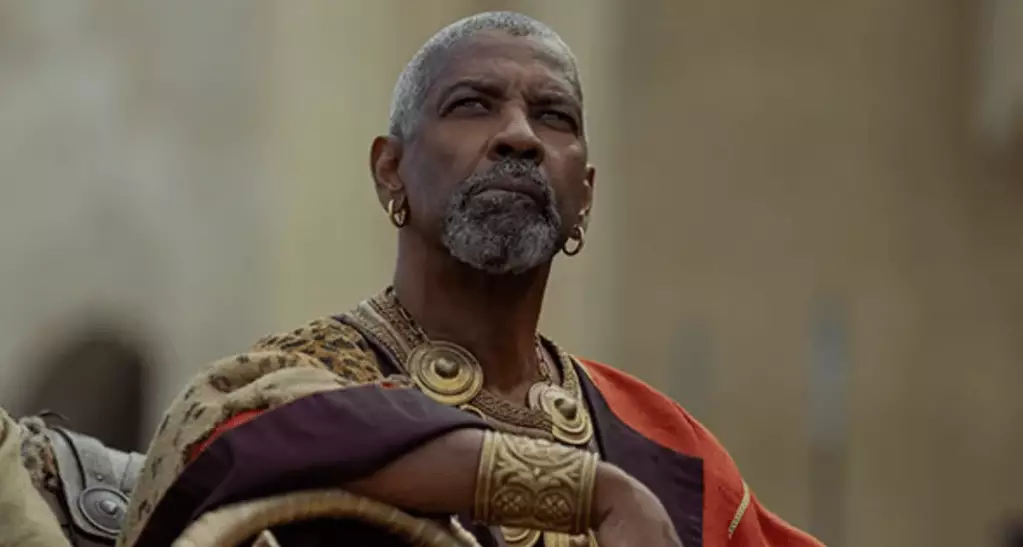Denzel Washington, a name synonymous with cinematic excellence, recently opened up about the missteps he made early in his illustrious career. Known for his powerful performances and ability to captivate audiences, Washington acknowledged that not every choice he made after monumental successes like *Malcolm X*—which was released in 1992—was a stroke of genius. In a candid conversation with The Times of London, he expressed a fascinating truth about growth: “After *Malcolm X*, I made some real clunkers. Look them up—I won’t say their names.” This admission encapsulates the essence of an artist grappling with their journey through the inevitably turbulent waters of creative expression.
Washington further elucidated his experiences by intertwining his life’s phases with a philosophical framework: “In life, you learn, earn, and then you return.” His insights reflect a deep understanding of the balance between pursuing passion and fulfilling obligations. By the time he reached his thirties, pressures escalated, manifesting in the need to provide for his family of four children and manage the financial commitments that come with home life. This poignant reminder that responsibility often dictates career choices resonates with many in the entertainment industry and beyond, highlighting the ever-elusive quest for balance between artistry and pragmatism.
While Washington may be overly critical of his past choices, a thorough examination of his filmography reveals that the 1990s were not devoid of significant achievements. Films like *The Pelican Brief*, *Courage Under Fire*, and *The Preacher’s Wife* dominated the box office, further establishing him as a leading man in Hollywood. Moreover, his accolades include two Academy Awards—one for Best Supporting Actor in *Glory* (1990) and another for Best Actor in *Training Day* (2002)—underscoring his profound impact on the film industry. Thus, it seems both humorous and humble that he regards this period as one of miscalculations, as his impressive collection of work tells a different story.
As he prepares for his role in *Gladiator II*, Washington also discussed the perceptions audiences hold as they sit down to watch his performances. “You bring yourself to the part,” he noted, emphasizing the connection he cultivates with viewers by portraying characters that often embody moral integrity. This self-characterization as a “good guy” streamlines the viewer’s experience; it’s difficult not to root for an actor who, regardless of the role complexities, exudes a sense of inherent goodness. It’s this intrinsic charm and relatability that have made him not only a beloved actor but also a profound figure in modern cinema.
In reflection, Denzel Washington’s candid assessment of his career showcases the duality of an artist’s journey. While he candidly acknowledges his past mistakes, he simultaneously emphasizes the growth and responsibilities that accompany success. His story illustrates that even those we idolize face challenges and misjudgments. Ultimately, Washington stands as a testament to resilience, demonstrating that one’s legacy is shaped not only by triumphs but also by the lessons learned through missteps along the way.


Leave a Reply